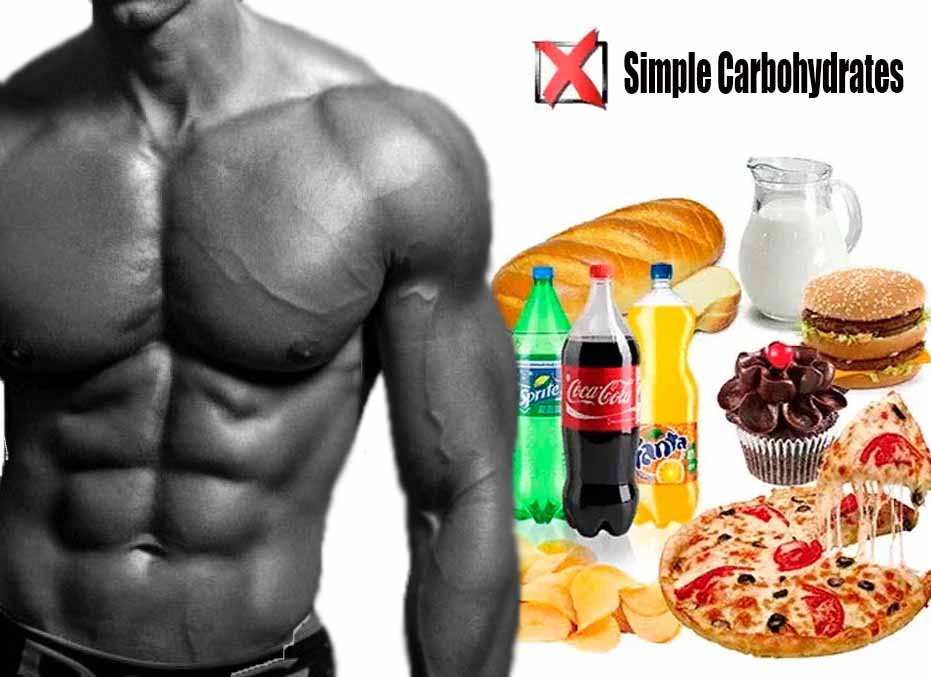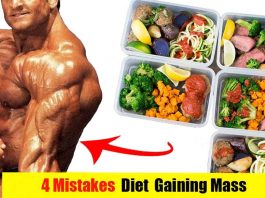6 Tips for Weight Loss After Christmas
Weight Loss the body after the New Year
The holidays will pass, and extra pounds will remain as memories of them. And if this really happened, it is much easier to deal with this than to lose weight dramatically on New Year’s Eve. Be aware that the process can take anywhere from two weeks to a month. So, what are the safe and effective ways to lose weight after a feast?
Before we start practicing, let’s decide that in one night, and even in three days, you will not physically be able to gain 2-3 kg of fat, which affected your scales after the holidays. These are all edemas provoked by food.
You can gain extra pounds if you eat continuously for two weeks. Then the process of returning to the form will take less time. In addition, it all depends on the initial weight, and the desired. In any case, there is no need to rush. To maintain weight after losing weight and not have negative consequences, follow all the tips gradually and do not rush to extremes.
Tip 1: Gradually eliminate excesses from the diet
Reducing portions of the diet
The New Year and Christmas table is famous for its culinary delights, and fatty and heavy dishes, which are rarely present in the daily diet. Moreover, nightly overeating and disposal of perishable products within a few days after. Therefore, these products should be gradually withdrawn, returning to normal food.
Normal means the absence of mayonnaise, and refined and animal fats, such as pork, duck, and the like. Sausages, fatty cheeses all this is completely excluded in the process of losing weight. And here it is not the number of servings that plays a role, but it’s content. In connection with the disposal of New Year’s dishes in the diet, puffiness, that is, excess fluid will go away first of all.
Tip 2: Cut down on carbs
Remove simple carbohydrates from your diet.
The next step is to reduce the number of carbohydrates. If with the relief of edema, the weight and appearance still do not suit you, it’s time to complicate the “diet”. A low-carbohydrate diet, which many still associate with drying, is the most effective way to get rid of excess weight.
But here it is also important not to go to extremes. For healthy weight loss, you should reduce the number of carbohydrates to 2 g per kilogram of weight. After a week, this amount can be reduced to 1 gram. This period can take from 1 to 2 weeks, depending on the form you want to receive. But you also need to return to normal nutrition gradually, so again increase carbohydrates to two grams, and then to three, for example.
Tip 3: Don’t Skip Healthy Fats
Unsaturated fats.
A big mistake in losing weight is that they completely remove fat from the diet instead of taking care of carbohydrates. The right fats do not need to be excluded. On the contrary, it is recommended to add unsaturated fats up to 20-30% of daily calories. Therefore, use cold-pressed vegetable oils, such as olive, sea fish, and nuts.
Tip 4: Gradually increase the load
Cardio on the orbit track
You don’t need to start exercising too fast. The load must be increased gradually. For weight loss, the easiest way is to increase the duration of cardio. After strength training, you can perform 20-30 minutes of cardio exercises: running, walking, exercise bike, and orbit track. You can also do a separate hour-long workout on cardio or skipping rope. Start a game on a lonely planet
Tip 5: Increase your protein intake
Protein in the diet:
With a decrease in carbohydrates, respectively, the amount of protein in the diet increases. Protein does not affect the deposition of excess fat. During the period of weight loss, it can be increased to 50-60% of the daily calorie content. Lean protein foods of animal origin, such as poultry, beef, fish, and eggs, are best consumed in the afternoon without carbohydrates, adding vegetables or greens.
Tip 6: Eat more vegetables
Vegetables:
Fresh vegetables are the lowest-calorie sources of fiber that can be consumed at any time. In addition, they allow you to eat more without a loss for the figure. Vegetables are perfectly combined with fats, proteins, and carbohydrates, only separately. If you are hungry, a light salad is the best option.






